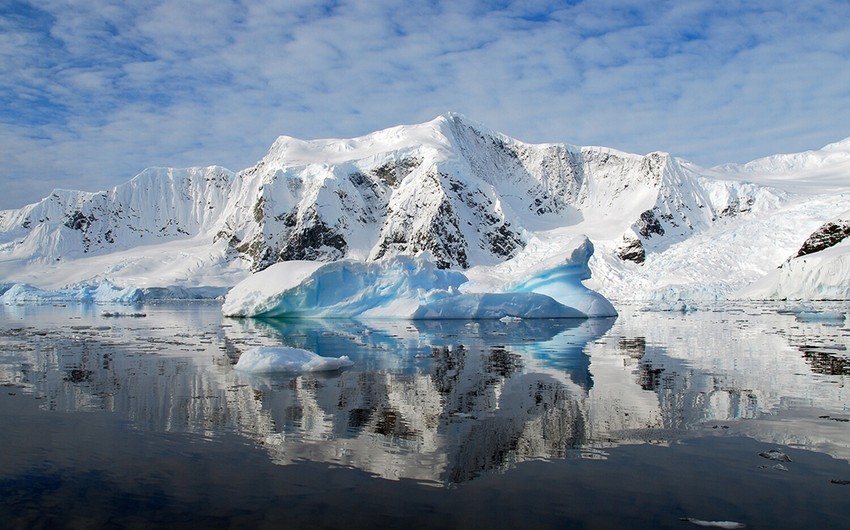A team of scientists from the University of Technology Sydney and the Royal Netherlands Institute for Sea Research has discovered predatory microorganisms in the ice of Antarctica, Report informs.
The experts detailed their findings in an article for Nature Communications.
The researchers found that ancient microorganisms thriving in the harsh conditions of Antarctica can act as parasitic predators. They identified a deep lake in Antarctica, home to archaea, single-celled organisms that survive in extreme environments.
Despite the low temperatures and high salt content of the lake, these microorganisms not only survive but also exhibit predatory behavior. This behavior had never been observed in archaea before.
The scientists explained that these archaea can penetrate the mother cells of certain organisms and destroy them, a behavior similar to that of some viruses.


 https://static.report.az/photo/91c09900-f8fe-3416-ac37-9b4e12bf51c7.jpg
https://static.report.az/photo/91c09900-f8fe-3416-ac37-9b4e12bf51c7.jpg

